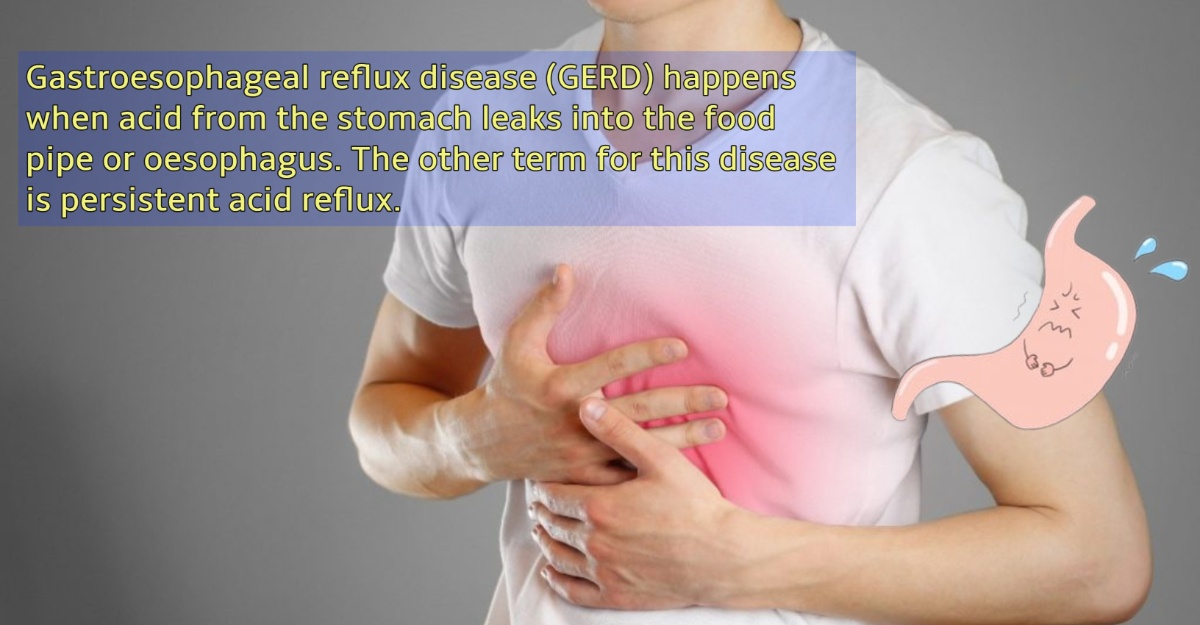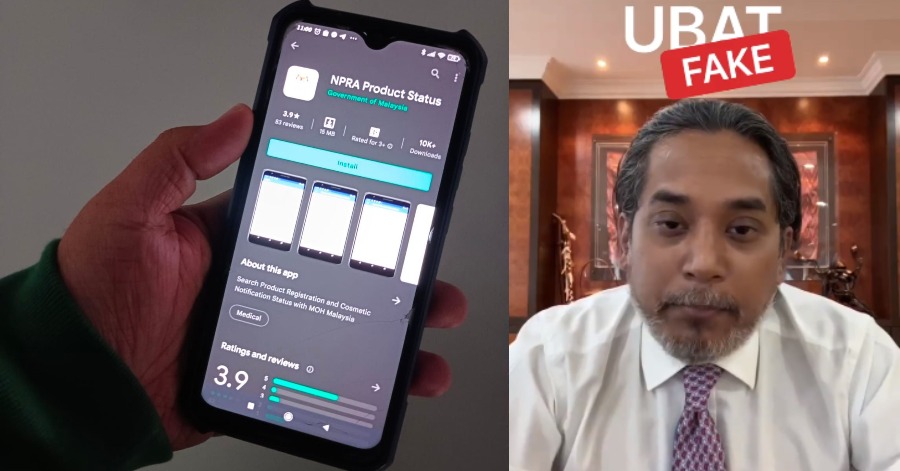Gastroesophageal reflux disease (GERD) happens when acid from the stomach leaks into the food pipe or oesophagus. The other term for this disease is persistent acid reflux.
As Malaysians, we consume a lot of spicy and acidic dishes in our daily diet. Despite these foods being delicious on our tastebuds, they can harm our stomachs, especially if we don’t control our intake.
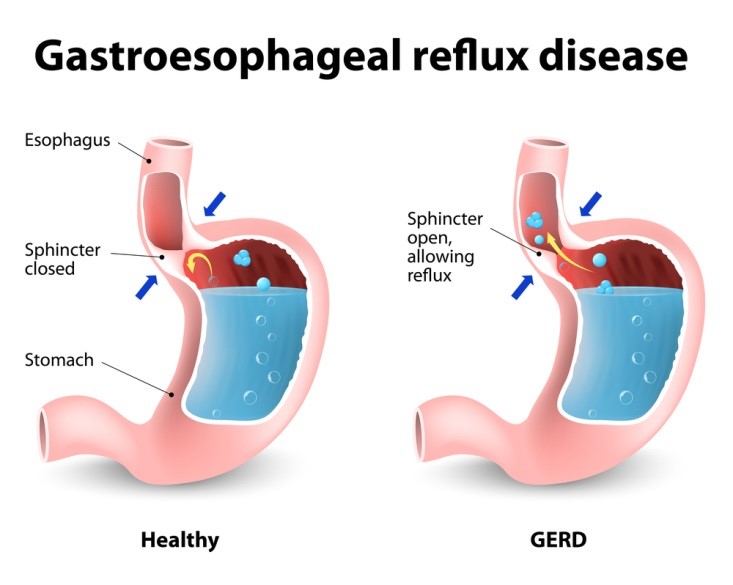
But what is the correlation between GERD and anxiety?
A 2018 study involving 19,000 people with anxiety found that they are prone to experience GERD symptoms.
What are the reasons?
According to the authors of the research above, here are some of the reasons:
- Anxiety might reduce pressure in the lower oesophageal sphincter
- It is the band of muscle that keeps the stomach closed and prevents leakage of acid into the oesophagus.
- Stress responses can cause long-lasting muscle tension
- Affected muscles around the stomach can increase pressure in the organ.
- Thus, it pushes the acid upwards.
- High anxiety levels may increase the production of stomach acid
Why GERD triggers anxiety?
In a study, researchers discovered that people with GERD who experienced chest pain had a higher level of depression and anxiety than those who didn’t.
Parallelly, anxiety could also trigger GERD. Experiencing stress or anxiety leads to acid reflux, and other factors are:
- Obesity
- Pregnancy
- Smoking
- Hiatal hernia
Know the GERD symptoms
The most common GERD symptom is heartburn. Additionally, other symptoms could lead to GERD, for instance:
- Nausea or an upset stomach
- Chest or abdominal pain
- Painful swallowing
- Vomiting
- Bad breath
Symptoms of anxiety
It may differ from one person and the another, but the general symptoms are:
- Increasing heart rate
- Nervousness or restlessness
- Muscles twitching
- Physically and mentally tense
- Hyperventilation
- Constant paranoia
- Easily distracted or difficult to focus
- Digestive issues like gas, diarrhoea, or constipation
- Inability to sleep
- Panic attacks
How to prevent and treat GERD?
GERD can be stressful. My father has this sickness. Truthfully, it affects not only him but everyone around him. It’s heartbreaking to see someone go through intense chest pain that heightens their anxiety and stress level.
There are ways to prevent and treat acid reflux. Some of the methods are:
- Analyse and avoid eating foods that trigger the symptoms
- In my father’s case, he can’t eat too many spices, especially black pepper, beef, and oily foods.
- Don’t eat large or fatty meals as it’s difficult to digest
- Eat the last meal not more than 3 hours before bed
- Take antacids like calcium carbonate (Tums) or bismuth subsalicylate (Pepto-Bismol)
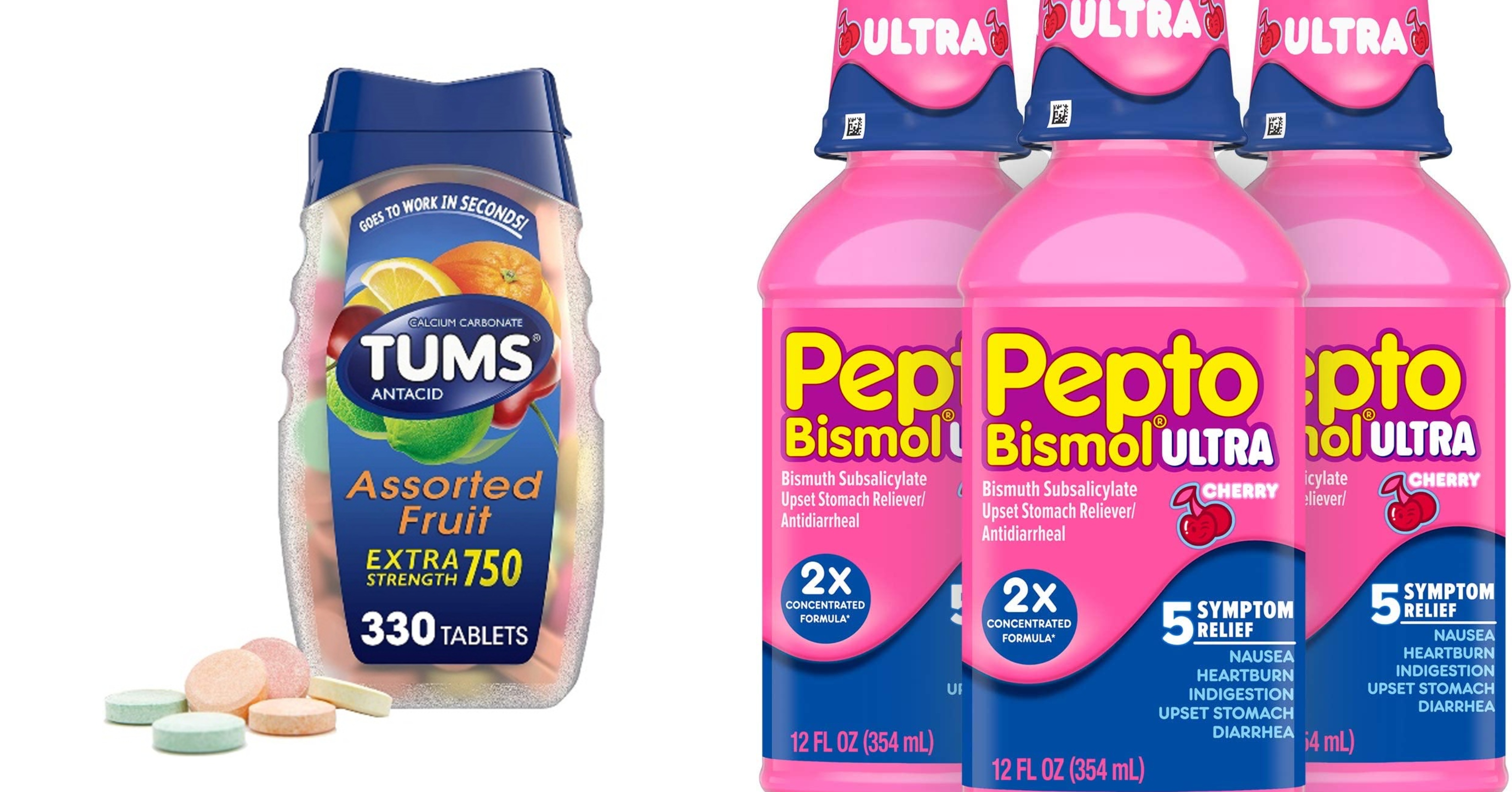
- Take proton pump inhibitors such as esomeprazole (Nexium)

- Use H2 blockers like famotidine (Pepcid)

- You can also try Gaviscon or Vencid from your nearest pharmacy.
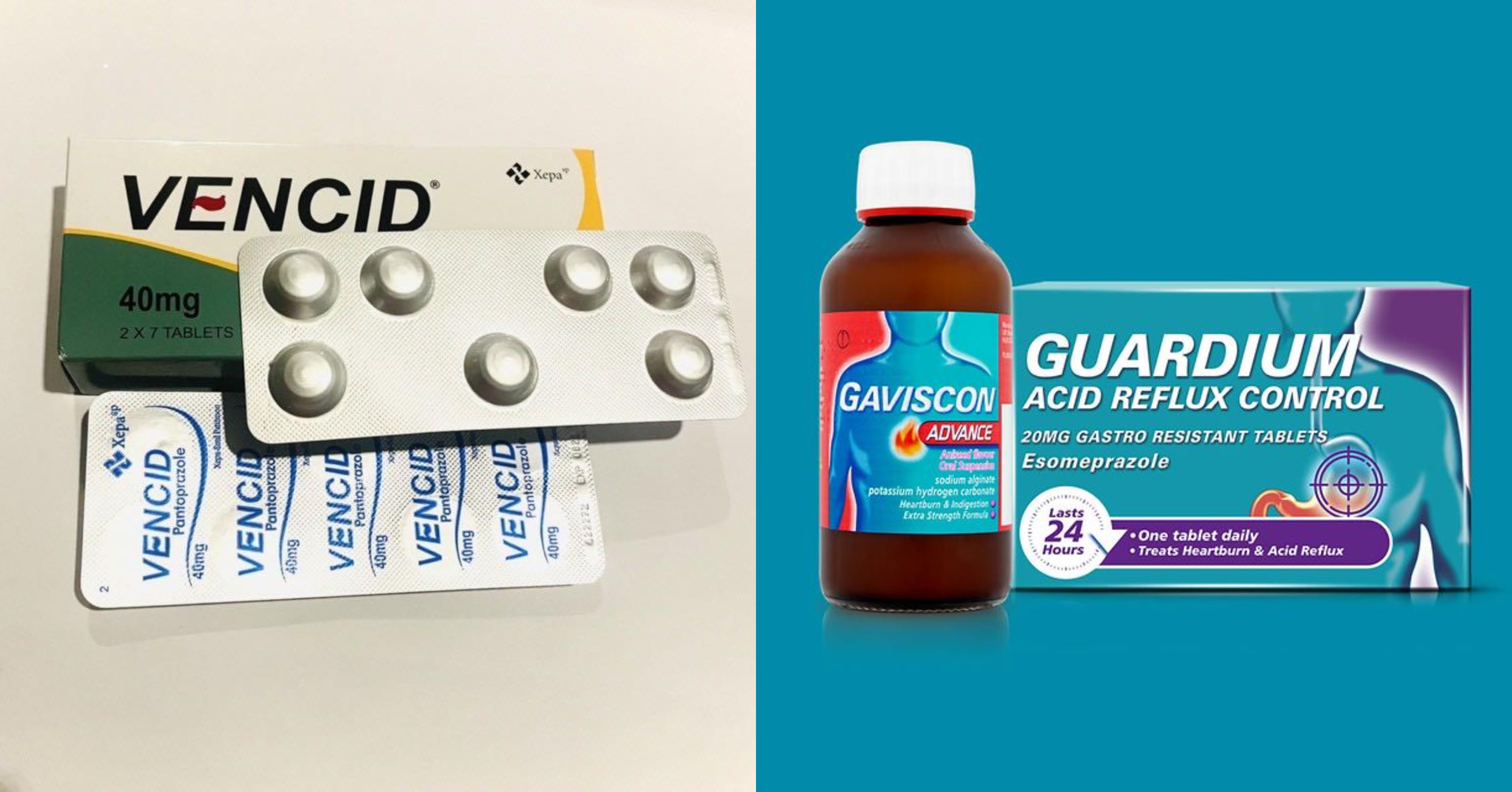
GERD is a disease that can contribute to anxiety and stress. This condition should be treated as quickly as possible to prevent it from developing. As the saying goes, prevention is better than cure.
If it gets severe, consult a doctor to ensure you’re getting the right treatment.

